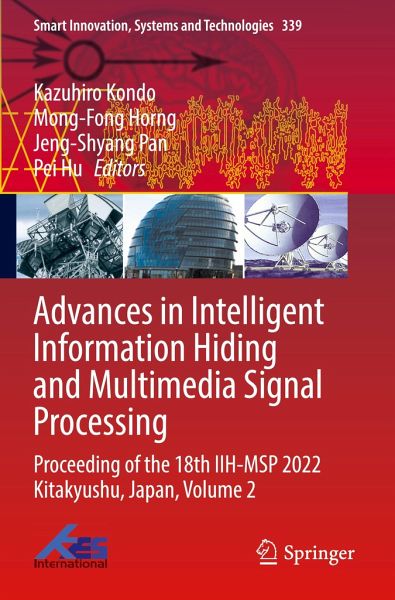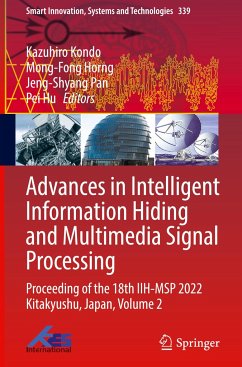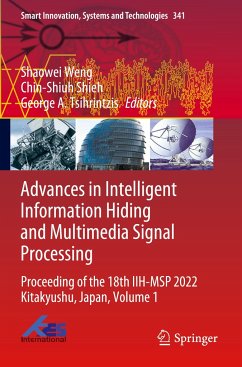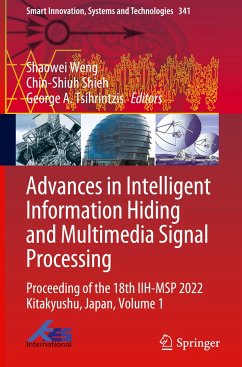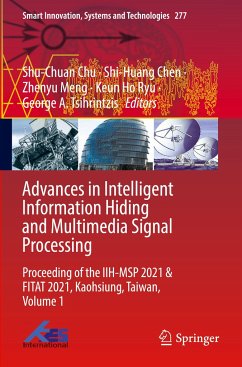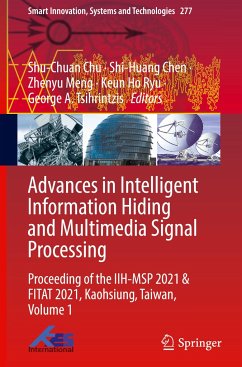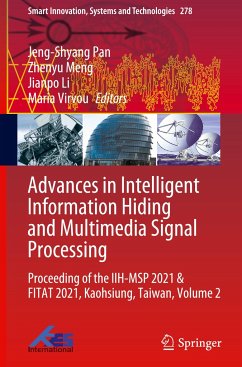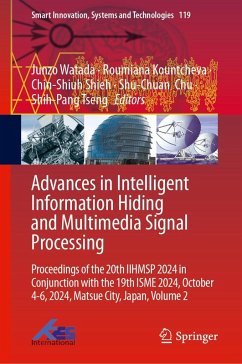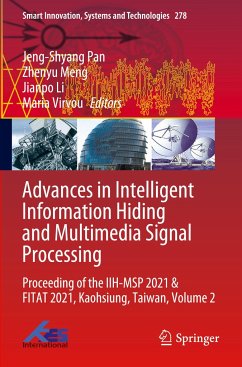Dr. Kazuhiro Kondo received the B.S. degree and the Ph.D. degree from the Electrical Engineering, Waseda University, Japan, in 1984 and 1998. He is currently a professor at Engineering, Yamagata University. He is responsible for research and education in the field of signal processing for communication. Specific interest fields include, but not limited to multimedia signal processing with emphasis on speech and video processing, 3D audio and its applications, active sound control, audio data hiding, speech intelligibility measurement and its objective estimations, and parametric speakers. Dr. Mong-Fong Horng received his Ph.D. degree from the Computer Sciences and Information Engineering Department, National Cheng Kung University, Taiwan, in 2003. He now is an adjunct professor in the department of Electronic Engineering at the National Kaohsiung University of Science and Technology and Kaohsiung Medical University, Taiwan, since 2008 and 2012, respectively. He was also a technical director of the Institute of Information Industrial from 2018 to 2022. As of 2018, Dr. Horng had published 132 academic papers and 6 textbooks about his research. Based on the researches, Dr. Horng has been granted 14 Taiwan patents and 4 US patents. He served as a member of IEEE SMC Technical Committee on Computational Collective Intelligence and the president of the Taiwanese Association of Consumer Electronics (TACE) and Tainan Chapter, Signal Processing Society, IEEE. Dr. Horng contributed to the editorial boards of International Journal of Knowledge Engineering and Soft Data Paradigms published by Elsevier and Electronics. Dr. Horng has received awards from the Ministry of Science and Technology and Ministry of Education due to his outstanding performance in industrial cooperation and supervision of student competition. Dr. Horng has hosted 12 research projects funded by the Ministry of Science and Technology. His research interests include Computational Intelligence, the Internet of Things, and the Internet. Dr. Jeng-Shyang Pan received the B.S. degree in electronic engineering from the National Taiwan University of Science and Technology in 1986, the M.S. degree in communication engineering from National Chiao Tung University, Taiwan, in 1988, and the Ph.D. degree in electrical engineering from the University of Edinburgh, UK, in 1996. He is currently the Professor in Shandong University of Science and Technology. He joined the Editorial Board of Engineering Applications of Artificial Intelligence, the Journal of Computers, Electronics, Symmetry and the Chinese Journal of Electronics. His current research interests include soft computing, information security, and signal processing. Dr. Pei Hu performs the research project in the College of Computer Science and Engineering, Shandong University of Science and Technology. His current research Interests include computational intelligence, machine learning, surrogate-assisted evolutionary computation and multi-objective optimization.
